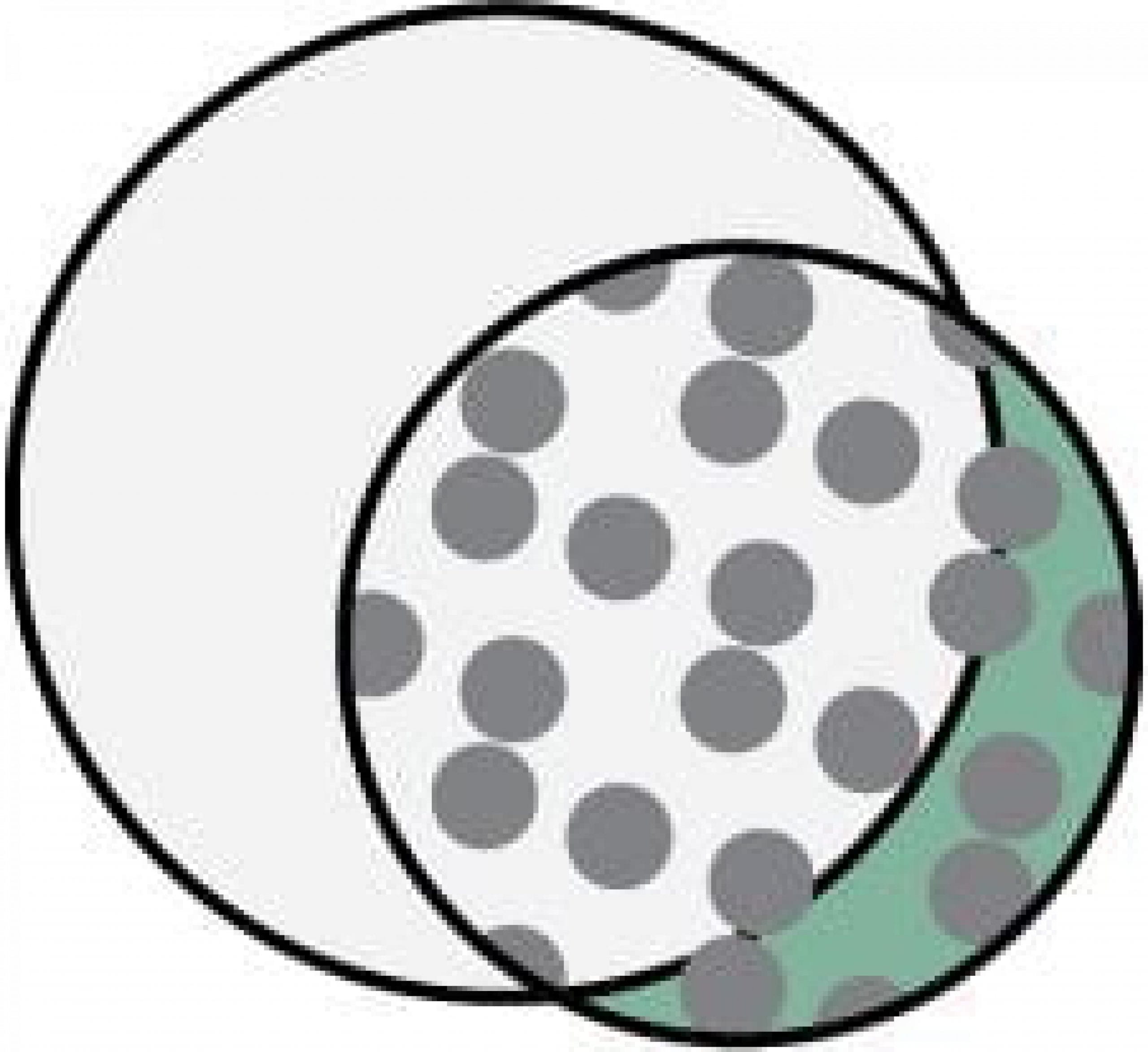BIONENGR 188 – Case Studies in Drug Development (Undergraduate Elective)
In this course, we explore case studies related to decision making in drug development. Case studies cover preclinical and clinical experiments, use of data for decision making, and topics related to FDA regulations. Through case studies, we emphasize how the Bioengineering skillset prepares students for careers in biotech. There will be a group project and presentation, and a written final exam. All bioengineering undergraduate students are welcome.
C102/202 – Physiology for Engineers (Undergraduate/Graduate Course, Spring)
In this course, we study human physiology. We focus on major organ systems, and the molecular components related to their function. The class will emphasize quantitative relationships and engineering analysis related to biological homeostasis. Where appropriate we study changes to homeostasis and how those changes affect physiological outcomes. We use exams and problem sets to assess learning and application of engineering principles to physiological systems.
BIOENGR 298 – Data-driven methods for pathway modeling using protein-protein interaction networks (Graduate Elective)
In this course, we explore using protein-protein interaction network methods for advancing our understanding of biology. We use a combination of focused paper reading and discussion, lecture, and implementation projects to understand research applications of PPI networks. The course culminates in a final project, and you are welcome to adapt that project to research questions that are interesting to you. Some coding experience in Python is necessary.
Stanford Grant Writing Academy
I worked with the Grant Writing Academy from 2018-2021 and oversaw multiple programs related to teaching scientific communication and coaching postdocs and students on how to write grants, papers, and faculty applications. Some activities with GWA include:
- Grant Writing Academy K-award proposal bootcamp, taught in-person fall 2019, online spring/fall 2020
- “Applying ‘Experience, Meaning, and Match’ to the NSF personal statement”, BIOS 271 Stanford Biosciences Course Lecture, August 2018
- “Addressing Rigor in Grant Proposals”, workshop, taught in-person fall 2019, online spring/fall 2020
- “Using Effective Language for Mentoring and Communicating Science”, developed new 4-workshop series, presented spring 2021
- “Three questions to address rigour and reproducibility concerns in your grant proposal”, Nature blog post, in press
MIT Biological Engineering Communications Lab
As an inaugural fellow with the Biological Engineering (BE) Communications Lab, I became a coach for all things communication related – lab reports, scientific papers, conference presentations, grant and fellowship applications, and resumes/CVs. I learned that a crucial part of the communication coaching role is asking the right questions to discover the roots of complex scientific ideas. Through asking these questions, I could enable scientists to develop more streamlined figures or create concise scientific content for their fellowship applications. Further, I developed content for the Communication Lab’s CommKit resource that is still in use today: http://mitcommlab.mit.edu/be/use-the-commkit/
Seminars:
- “Making the match: applying to graduate school and writing fellowships” Laureates and Leaders Program, September 2013
- “Writing for impact: succeeding with the NSF application” 20.416 Biological Engineering Class Lecture, October 2013
